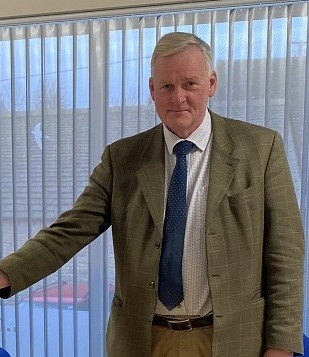Hook2Sisters is growing broilers without the use of soya in feed, James Hook said. A trial at one of the business’s farms in Cransford, Essex “works extremely well,” Hook told this year’s EPIC conference, which was this year held as a virtual event.
“We are on our third crop and have had no problems with the birds,” he said. Getting the broilers to the right weight takes four or five days longer and is more expensive, Hook said, but now that the cost of standard feed was increasing, the cost gap was narrowing.
Hook told delegates it was important to directly address the concerns of consumers and NGOs about imported soya’s sustainability, and that as business that was responsible for growing seven million broilers a week, Hook2Sisters was “actively looking at other ingredients”.
He said even reducing soya usage by between 5% and 20% over the next few years “will make a big difference and make it easier to defend our industry. I am very interested and supportive of that route.”
Hook said it was equally important to ensure welfare standards were high and he called on Red Tractor to lower maximum stocking densities for standard broilers from 39kg/sqm to 34kg/sqm.
While acknowledging less intensive production would be less efficient and environmentally friendly, Hook argued lower stocking densities would help the poultry industry differentiate itself in a post-Brexit world where producers would soon be competing with cheap chicken imported from around the world.
He also expressed support for the Better Chicken Commitment, an NGO-led voluntary standard for broiler producers, using slower growing breeds and lower stocking densities. His business was currently producing 300,000 birds to BCC standards, but this would grow to 1 million a week by 2023.
The future of the industry in the UK, Hook said, would be more “balanced” between strong environmental and welfare credentials, grown with fewer imported feed ingredients.
Getting this balance right, he said, was essential for the future success of the UK poultry industry. “There is a lot of money pouring into the alternative meat industry. We have a lot of people trying to stop us farming and producing meat in the first place. So we have got to look at what we do. I want to be here farming for a long time to come.”


